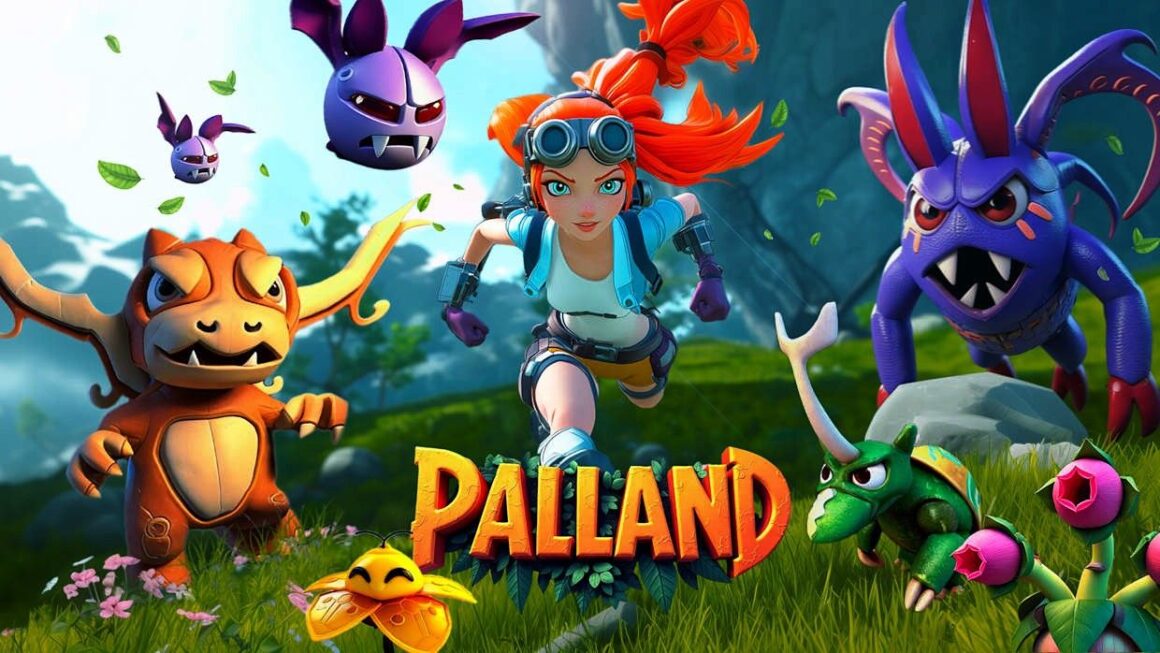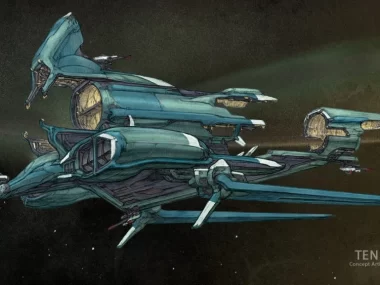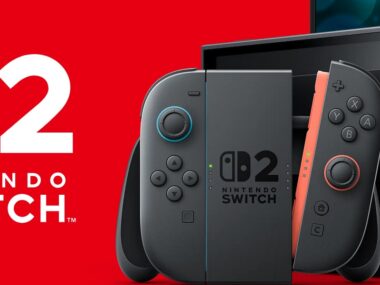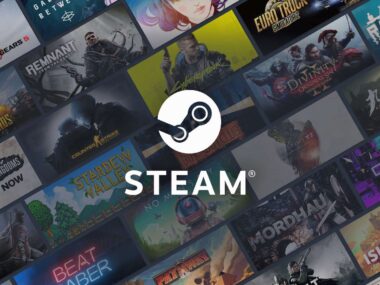Palworld is still fighting Nintendo in court over claims it rips off Pokémon. Meanwhile, on July 31, 2025, a game called Palland quietly launched on the Nintendo Switch eShop. Developed by BoggySoft, it’s being called a “blatant Palworld rip-off” right down to similar screenshots and marketing copy.
The catch is that Nintendo didn’t make Palland. They just approved it for sale on their platform. The same platform where they’re trying to block Palworld itself.
It’s the kind of irony you can’t make up and it begs the question of how did something like this get approved in the first place?
A Discounted Disaster
Palland arrived with a 60% discount on day one, a move that usually screams “we know this isn’t great.” Gameplay footage backs that up: muddy textures, stiff animations, and combat that feels more like a proof-of-concept than a full release.
BoggySoft’s take on the “creature survival” formula is almost a replica of Palworld’s blueprint. Open-world exploration, base-building, crafting, and battling alongside animal-like companions.
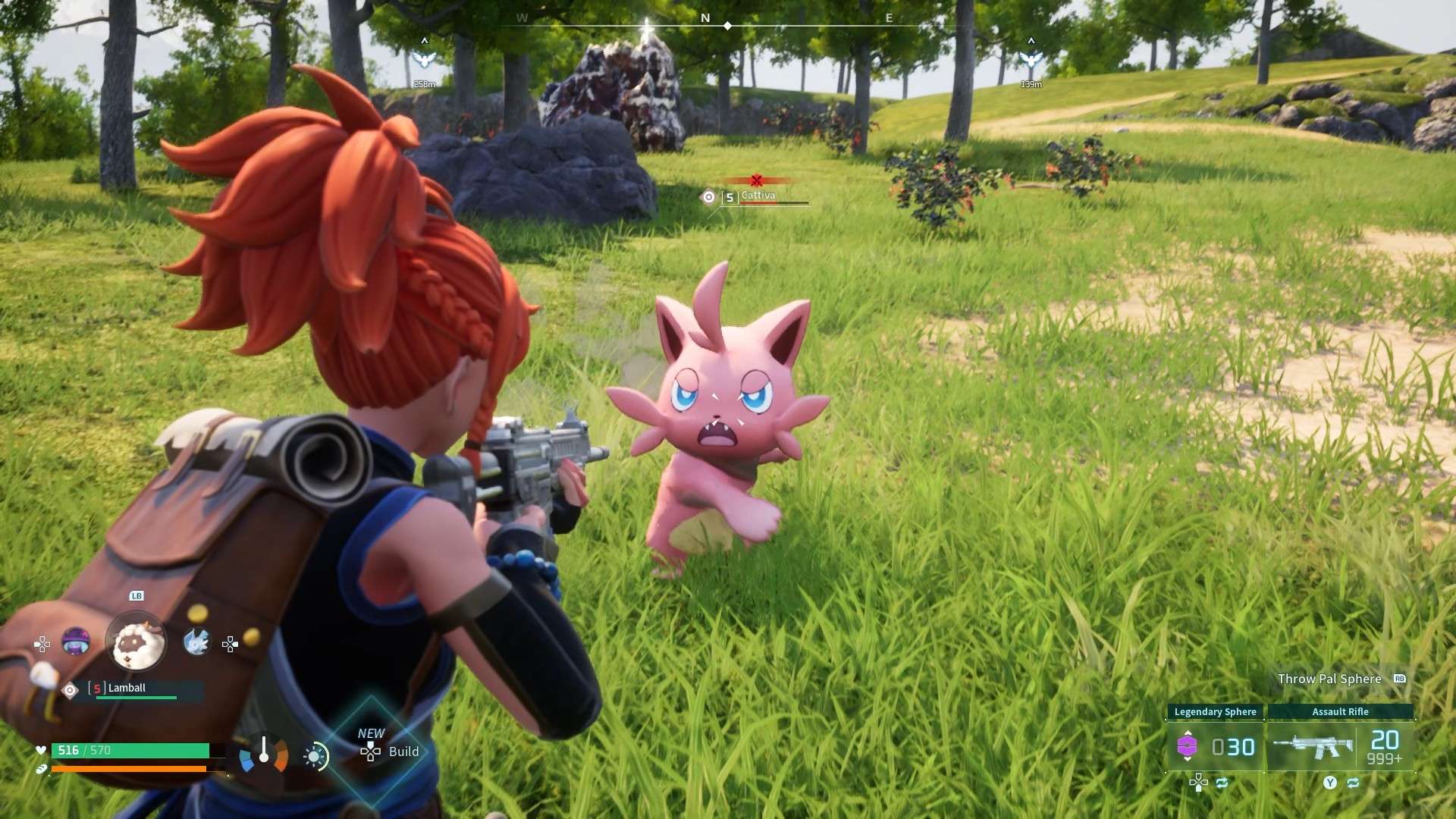
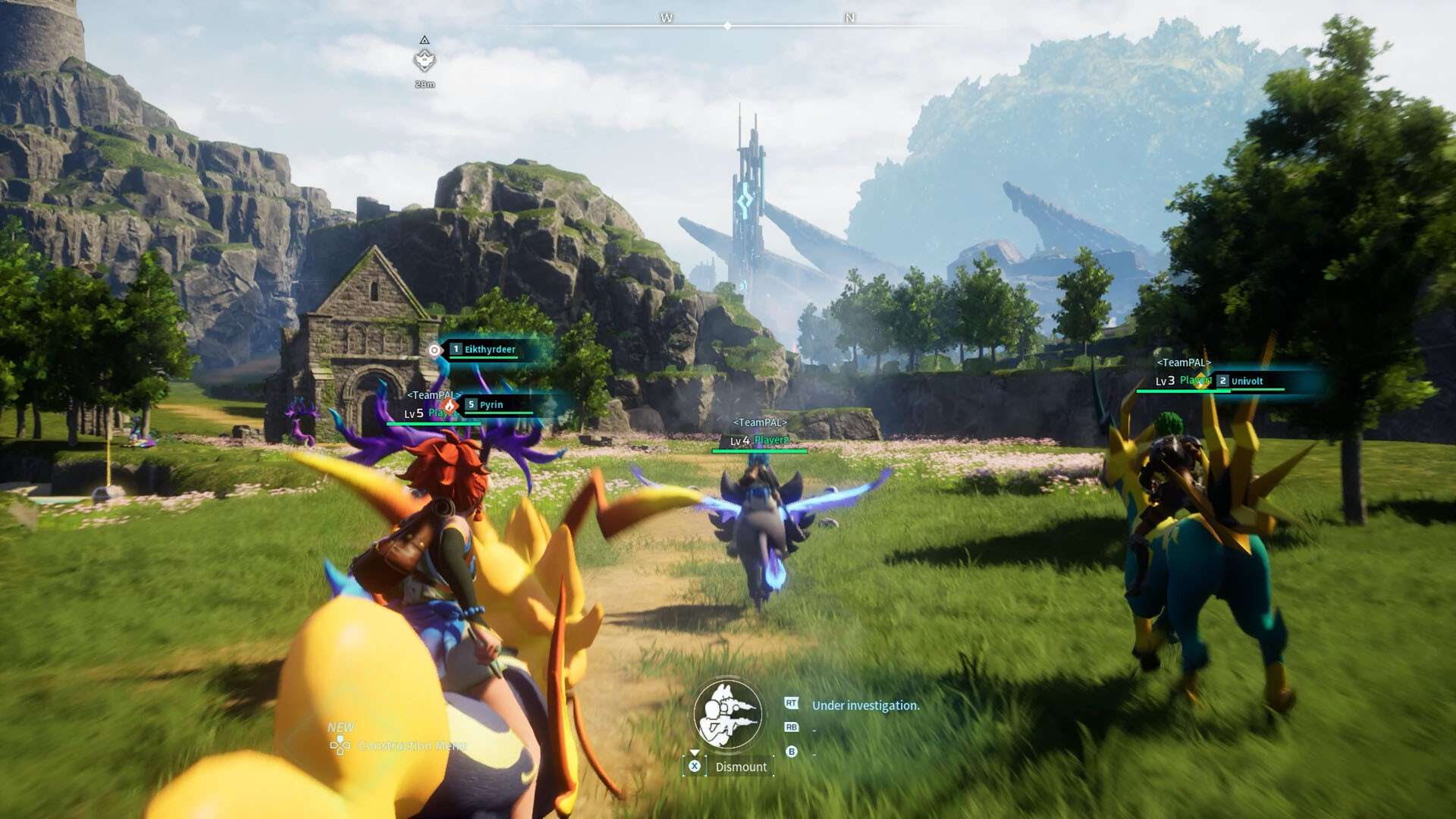
First two images are from Palworld.
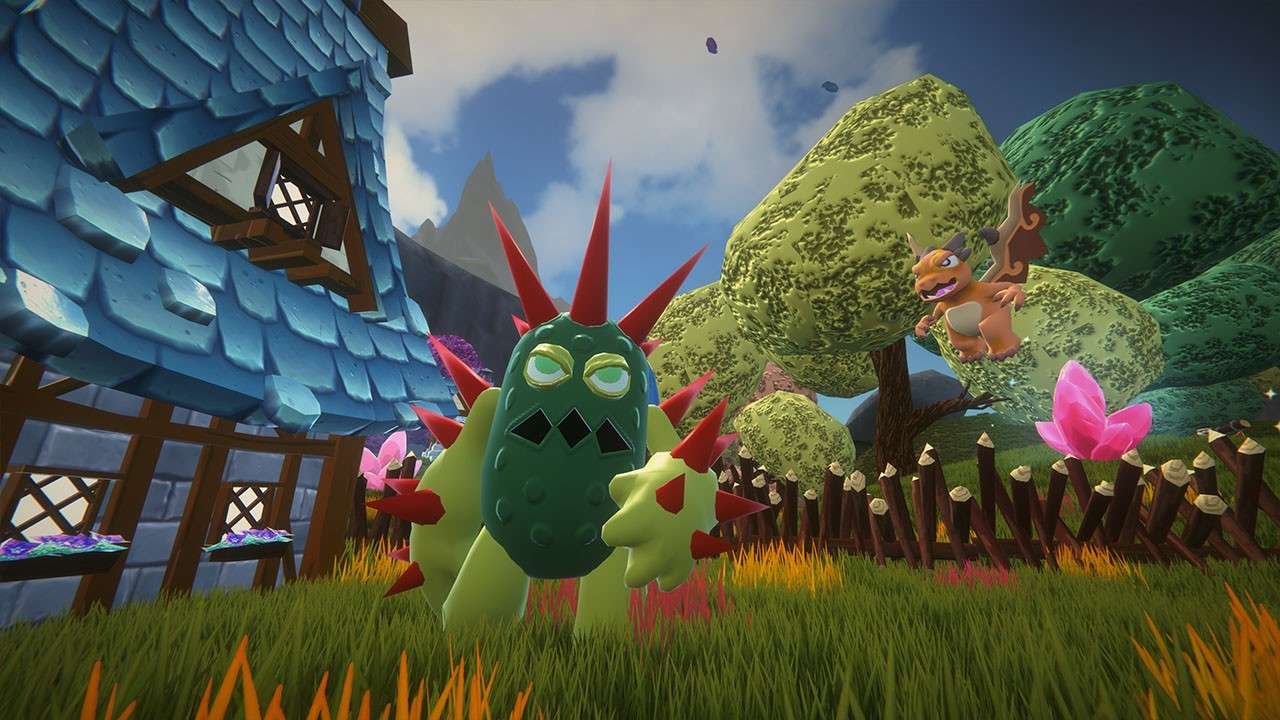
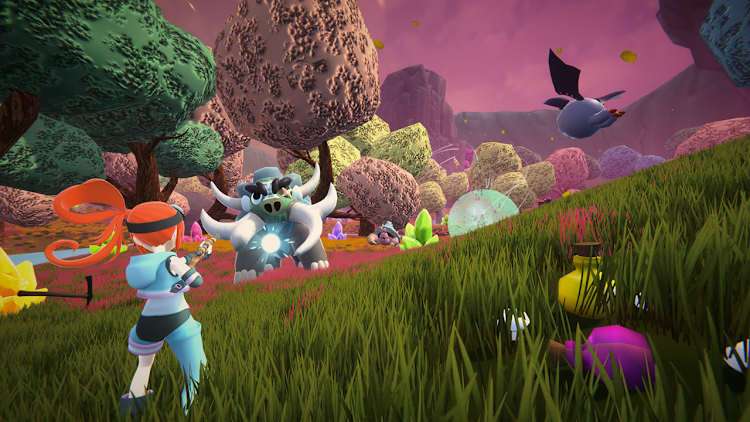
Even the art style feels similar. The only difference is that Palland hasn’t been accused of copying Pokémon-style capture mechanics. That’s the heart of Nintendo’s lawsuit and probably why it passed through the approval process.
The Legal Chess Game That Probably Isn’t Happening
There’s a theory floating around: maybe Nintendo is letting Palland slide to bait Pocketpair into suing BoggySoft. If Pocketpair claimed Palland copied Palworld, their argument goes out the window. Nintendo could spin that into “See? You admit your game has unique mechanics worth protecting, the same mechanics you took from us.”
It’s a clever piece of internet armchair lawyering. The truth is that there’s no evidence this is Nintendo’s strategy. Legal experts suggest Nintendo’s case is focused squarely on patents tied to specific gameplay systems, not playing 4D chess with third-party clones. There’s a lot we don’t know about the game mechanics BogggySoft used for Palland, which makes it difficult for Nintendo or Pocketpair to take legal action. At least, when it comes to the mechanics that is.
Pocketpair, for their part, has been busy defending Palworld. They’ve been tweaking mechanics to avoid infringement, and arguing Nintendo’s patents are invalid. Getting sidetracked with Palland would do them no favors.
Clone Creep on Digital Storefronts
Palland’s release is part of a broader trend. Digital storefronts are being flooded with quick, low-quality imitations of popular PC games. The turnaround time is so fast that by the time a hit game goes viral, there’s already a “budget” knock-off ready to cash in on the hype.
The eShop isn’t unique in this. You’ll find the same pattern on Steam, PlayStation, and mobile app stores. When your platform is actively suing one developer for copying and hosting another developer who copies them?
Palland probably won’t dethrone Palworld. Its very existence on the Switch eShop while Nintendo battles Palworld in court shows how inconsistent digital storefront policing can be.
It’s not some grand legal trap or a secret Nintendo scheme. It’s just the messy reality of open marketplaces. Sometimes a low-effort clone can slip through the cracks and ride the coattails of someone else’s controversy. Even when that someone is already accused of being a clone themselves.
